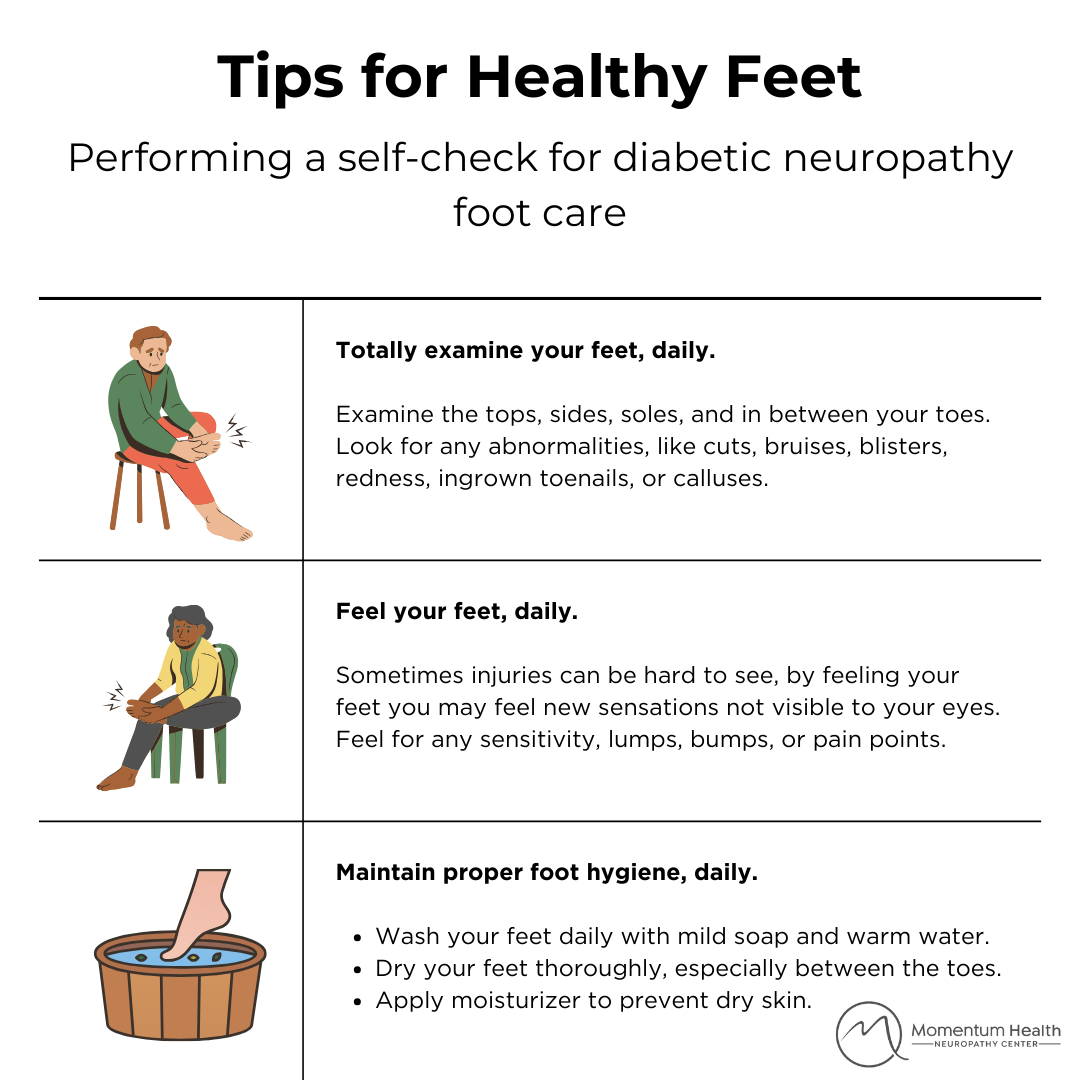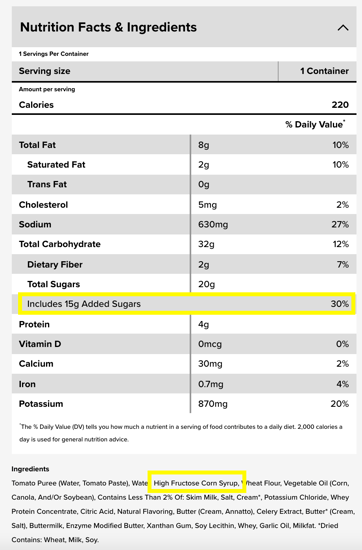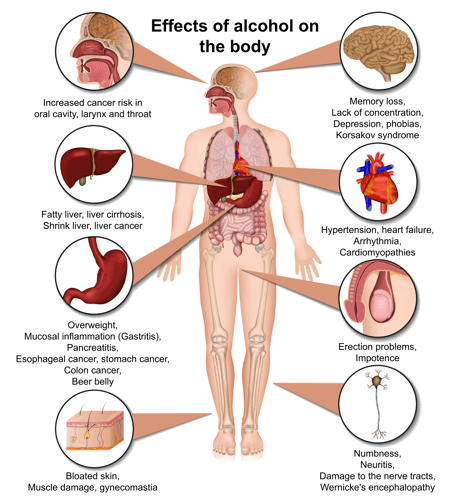
How to Perform a Self-Check for Diabetic Neuropathy Foot Care
Schedule your consultation or contact us at (517) 883-2479
Karen May, DC, CCSP, CCIP
If you have suffered from the debilitating effects of neuropathy for a while, then I am sure you have noticed there are certain foods that intensify your symptoms. You may have noticed after eating that slice of birthday cake your pain, numbness, and tingling got a lot worse.
You’re not crazy!
The truth is, your body is sending you an alarm, letting you know that something is not right and the inflammation in your body is too high.
Peripheral Neuropathy is the result of damage to nerves that connect the brain and spinal cord. This damage causes painful symptoms like:
Some foods that you eat increase inflammation within your body. When inflammation is increased, your Neuropathy symptoms can become more intense and more difficult to endure. Think of it this way, if your body is too busy fighting off and regulating the inflammation that you consumed, your body has no chance to start healing the nerves that are causing your neuropathy symptoms.
Inflammation most commonly presents as:
Other symptoms could present as:
As much as we love and rely on the convenience of fast food, packaged dinners, and take-away pizza, the lasting effects of regularly consuming these foods is dangerous. These overly processed foods lack any real nutrition, or value to our body. Overly processed foods are also full of chemicals and additives that don’t do you, or your healing journey any favors. To name a few of the lasting effects of these overly processed foods:
Sugar is a master of disguise. With over 35 different names that can be found on food labels, chances are most of the food in your pantry has some form of added sugar in it.

Added sugar can be found in the strangest places like:
✔️KetchupTo the left is the ingredient list for 1 serving (11.1oz) of Campbell’s Creamy Tomato Soup.
1 serving of this soup has 15 g of added sugar & High Fructose Corn Syrup as the second listed ingredient.
15 grams of sugar is roughly the same amount of sugar in 2 donuts!
Let me be clear, not all sugar is bad! Sugar is a natural component of plenty of whole foods and is a natural part of nutrition.
But, according to Harvard Health the effects of excessive added sugar intake can lead to:
Unfortunately, most Americans are not aware just how much added sugar is lurking around in their favorite foods. I challenge you to go through your pantry, refrigerator, and freezer - and see just how much added sugar you and your family are really consuming - the results will surprise you!
Consider the age old saying “You are what you eat”. If you are consuming dairy, from corn and grain fed cows - the dairy they are producing is full of inflammatory grains.
Even worse, many dairy products are so over processed that any of the nutrients that dairy boasts of, is virtually non-existent by the time it reaches the grocery store - leaving you with a tall cold glass of sugar and inflammation.
According to Harvard Health, Gluten is a protein found in many grains, including wheat, barley and rye. It's common in foods such as bread, pasta, pizza and cereal. Gluten provides no essential nutrients. People with celiac disease have an immune reaction that is triggered by eating gluten. They develop inflammation and damage in their intestinal tracts and other parts of the body when they eat foods containing gluten. Current estimates suggest that up to 1% of the population has this condition. A gluten-free diet is necessary to eliminate the inflammation, as well as the symptoms. Grocery stores and restaurants now offer gluten-free options that rival conventional foods in taste and quality; in years past, it was much harder to maintain a gluten-free diet.
Want to learn more? Check out this video I made on Why Grains Inflame:
Consider 3 of the inflammatory foods that we just discussed; Gluten, Sugar, and Processed foods. Alcohol is a combination of all 3 of these inflammatory foods, and excessive consumption of alcohol is a powerhouse of inflammation, along with a long list of other symptoms that are detrimental to the body. If you are suffering from neuropathy, it is important to avoid alcohol

By avoiding inflammatory foods, you can greatly reduce the painful symptoms of neuropathy. Be sure to include some of the best foods for neuropathy, like fruits and vegetables, health fats, and lean protein to your daily nutrition.
Some key foods to avoid while living with neuropathy include:
While reducing/eliminating the amount of inflammation can drastically improve the way you feel, it is not enough to reverse neuropathy - remember, my team of experts are here for you when you are ready to take your journey to neuropathy relief, to the next level.
DISCLAIMER:
Please consult with a physician before making any dietary changes.
Author's Note: This blog post was updated on January 24, 2023.

How to Perform a Self-Check for Diabetic Neuropathy Foot Care

Inflammation is a word that is buzzing around the internet right now. But what is it and how is it related to neuropathy? Take a few minutes and read below to understand...